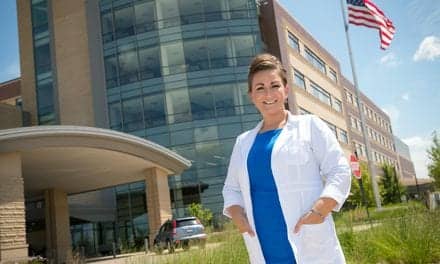Many Americans experience a disconnect between how they define health and how they talk about their health with doctors. Nearly half (45%) of US adults who have a primary care physician (PCP) say they wish they talked to their doctor more about why they want to be healthy, and a majority of younger people (57% of those aged 18-44) say they wish their doctor would discuss treatments that do not involve medication, according to a survey released today by Samueli Integrative Health Programs.
The survey—involving more than 2,000 adults ages 18+ and conducted online by The Harris Poll on behalf of Samueli Integrative Health Programs in September 2018—also found that 92% of Americans say health is about more than just not being sick, and defined health as being happy (59%), being calm and relaxed (56%), and living independently (53%). Yet, a majority of those who have a PCP (52%) say they and their doctor don’t talk about much more than their medical needs.
Most Americans who have a PCP say they typically discuss their physical health with their doctor (74%), but few talk about other behavioral factors, such as exercise (51%), diet (44%), and sleep (40%). Furthermore, few Americans who have a PCP discuss mental health (36%) with their doctor.
“Patients see their health as more than their physical symptoms, yet doctors aren’t talking to them about important factors that influence their health,” says Jonas in a release. “A whole-person, integrative approach to health and well-being allows patients to get to the root of their health conditions.”
Samueli Integrative Health Programs is dedicated to the promotion of personal health and wellbeing with the support of health teams dedicated to all proven approaches, including conventional, complementary and self-care.
This survey was conducted online within the United States by The Harris Poll on behalf of Samueli Integrative Health Programs from September 11-13, 2018 among 2,027 US adults ages 18 and older, among whom 1,865 have a primary care doctor (PCP). This online survey is representative of the US adult populations but is not based on a probability sample and therefore no estimate of theoretical sampling error can be calculated.




